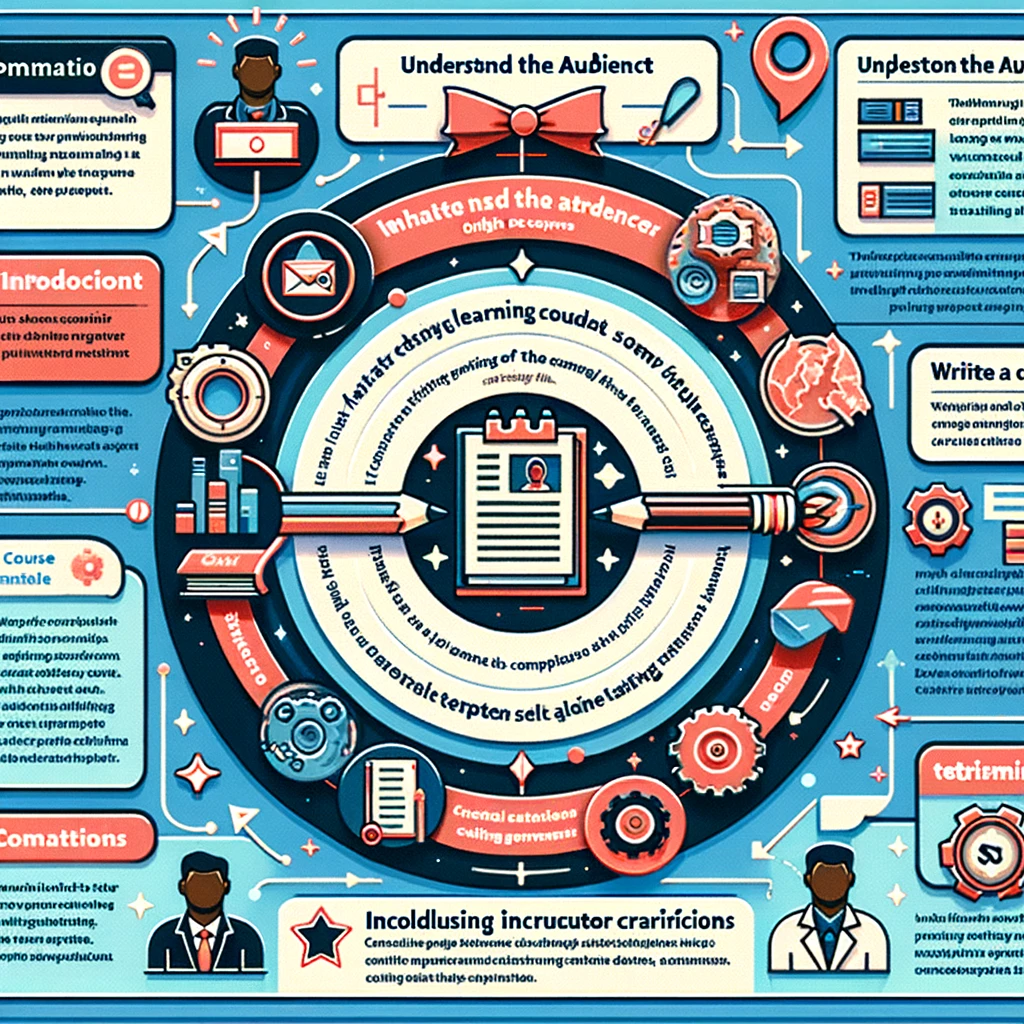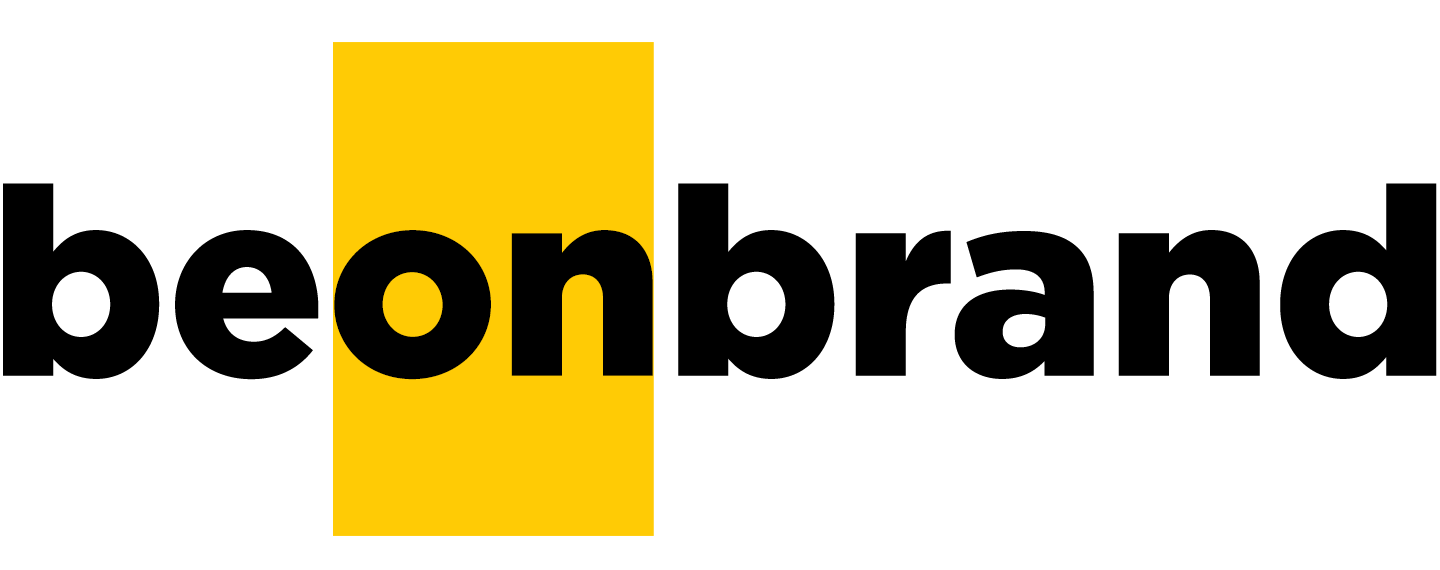
In the rapidly expanding world of online education, the ability to capture the attention of potential students has never been more crucial. With an abundance of choices at their fingertips, how do you make your courses stand out? The answer lies in crafting engaging and compelling course descriptions. This blog post will guide education marketers, communication departments, and e-learning developers through the art of creating course descriptions that not only attract but also convert prospects into enrolled students.

Understanding Your Audience
Before diving into the mechanics of writing, it’s vital to understand who your audience is. Are your potential students professionals looking to upskill? Are they beginners in your field, or perhaps, hobbyists seeking to learn something new? Knowing your audience will help tailor your message to speak directly to their aspirations, challenges, and needs.

The Anatomy of an Effective Course Description
An engaging course description is more than just a summary of the curriculum. It should include several key components:
1. A Catchy Title
Your course title should be both informative and attention-grabbing. It’s the first thing a prospective student sees, so make it count. Use powerful, action-oriented words that convey the benefits or outcomes of taking the course.
2. A Compelling Introduction
Begin with a strong opening paragraph that highlights the unique value proposition of your course. Address the “why” factor: why should someone take this course? What will they gain from it?
3. Learning Outcomes
Clearly outline what students will learn and how they will benefit from the course. Use bullet points for easy reading, and focus on the skills and knowledge they will acquire.
4. Course Content Overview
Provide a brief overview of the course content without overwhelming the reader with too much detail. Highlight key modules or topics covered, and mention any hands-on projects, case studies, or real-world applications.
5. Instructor Credentials
Include a short bio of the course instructor(s), focusing on their expertise, experience, and any notable achievements. This helps build trust and credibility.
6. Testimonials or Reviews
If available, incorporate a few short testimonials from former students. Positive feedback can significantly influence decision-making.
7. Call to Action (CTA)
End with a clear CTA, encouraging prospective students to enroll or learn more about the course. Make the process as simple as possible.

Writing Tips for Maximum Engagement
- Be Concise and Clear: Avoid jargon and overly complex language. Keep your descriptions easy to understand.
- Focus on Benefits: Emphasize how the course will solve problems or improve skills.
- Use Active Voice: Write in an active voice to make your description more dynamic and engaging.
- Inject Personality: Don’t be afraid to let the unique personality of your institution or course shine through. This can make your offering more memorable.

Visuals Matter Too
While this guide focuses on written descriptions, never underestimate the power of visuals. High-quality, relevant images can complement your descriptions and make them more appealing. Since we’re focusing on text and not embedding any visuals directly within this post, consider how you can incorporate imagery on your course landing pages or promotional materials to draw the viewer in.

Conclusion
Creating engaging online course descriptions is both an art and a science. By understanding your audience, highlighting the benefits and outcomes of your course, and following the writing tips outlined above, you can craft descriptions that not only attract attention but also motivate action. Remember, the goal is not just to inform but to inspire potential students to embark on a learning journey with you.
Share this article
Interested in learning more ?


